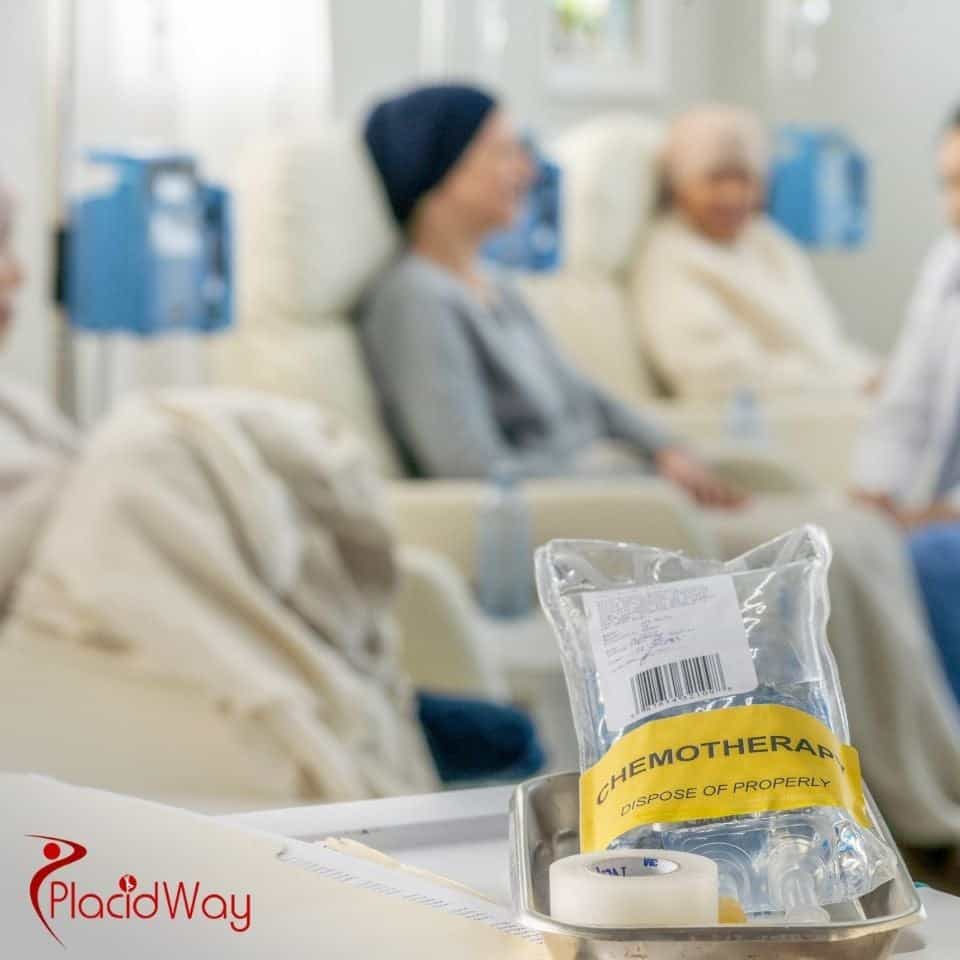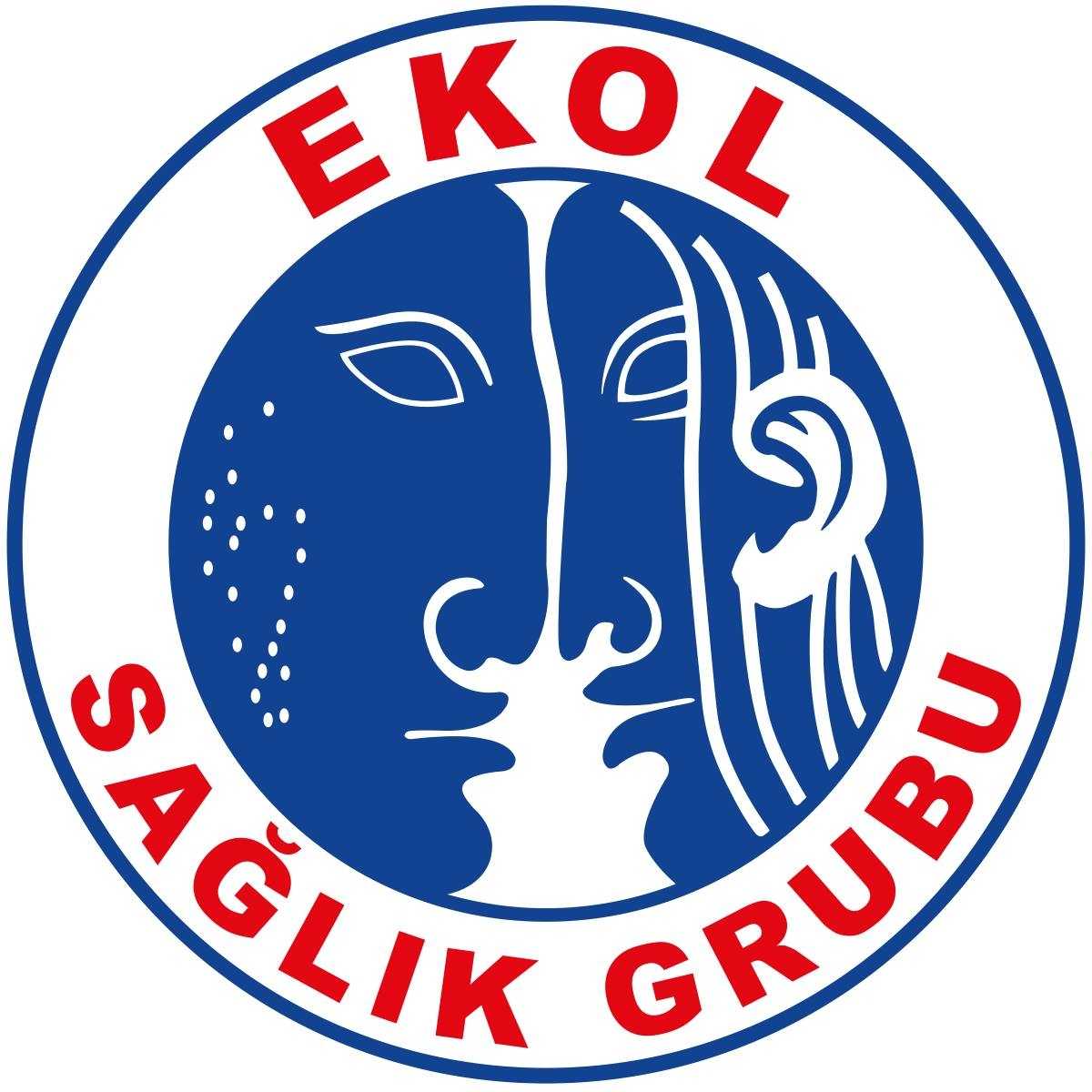.png)
A cancer diagnosis is a life-altering event, and securing the most effective, precise, and timely treatment is the highest priority. For patients in Germany, the healthcare system is excellent but can sometimes involve significant waiting times for advanced procedures. Furthermore, specific cutting-edge treatments may have high out-of-pocket costs. This has led many German patients to explore treatment options in Turkey, a country that has invested heavily in creating a world-class oncology infrastructure, offering state-of-the-art radiation therapies like IMRT at a fraction of the cost.
This guide is for German cancer patients and their families considering Intensity-Modulated Radiation Therapy (IMRT) in Turkey. We will explain this advanced technology, detail the significant advantages of seeking treatment in Turkey, outline the patient journey, and provide the information you need to make an empowered decision during a critical time.
Key Takeaways
-
Access to Advanced Technology: Top Turkish oncology centers are equipped with the latest linear accelerators (e.g., Varian, Elekta) capable of delivering highly precise IMRT, the same technology found in leading German hospitals.
-
Significant Cost Savings: German patients can save 40-60% on the cost of a full course of IMRT in Turkey compared to private treatment costs in Germany.
-
No Waiting Lists: Patients can typically begin IMRT in Turkey within days of their consultation, avoiding the potential for stressful and clinically significant delays that can occur in Germany.
-
Cost of IMRT in Turkey: A full course of treatment often ranges from €8,000 to €15,000, frequently as part of an all-inclusive package.
-
Cost of IMRT in Germany: Private treatment can range from €15,000 to €30,000 or more, depending on the complexity and duration.
-
Cost of IMRT in the USA: Costs are substantially higher, often exceeding $50,000.
What is IMRT and How Does It Work?
Intensity-Modulated Radiation Therapy (IMRT) is a highly advanced form of external beam radiation therapy that uses sophisticated computer-controlled linear accelerators to deliver precise, high-dose radiation beams directly to a tumor, while minimizing exposure to surrounding healthy tissues.
Unlike older 3D conformal radiation therapy (3D-CRT), which uses uniform beams, IMRT is a revolutionary step forward in precision. The "intensity-modulation" is key: the radiation beam is broken up into thousands of tiny "beamlets," and the intensity of each one can be individually adjusted.
This allows the radiation oncologist to:
-
Conform the Dose: Sculpt the high-dose radiation to the exact 3D shape of the tumor, even if it's concave or wrapped around a critical organ like the spinal cord or salivary glands.
-
Spare Healthy Tissue: By lowering the intensity of the beams that pass through surrounding healthy organs and tissues, IMRT significantly reduces the risk of short-term and long-term side effects. This is crucial for maintaining quality of life.
The entire process is guided by Image-Guided Radiation Therapy (IGRT), where daily imaging scans (like CT scans) are taken just before treatment to ensure the patient and the tumor are in the exact same position every single day, guaranteeing pinpoint accuracy.
The Turkish Advantage for German Oncology Patients
Turkey's emergence as a center of excellence in oncology is built on a strategy of combining world-class technology, internationally-trained specialists, and a deeply patient-centric approach.
For German patients, the benefits of choosing Turkey for IMRT extend far beyond just the cost.
State-of-the-Art Technology and Hospitals
Leading Turkish hospital groups have invested billions in their oncology departments. They boast the latest generation of linear accelerators from world-leading brands like Varian (TrueBeam) and Elekta (Versa HD). These are the same machines used in Germany's top university hospitals. Furthermore, these hospitals are often JCI (Joint Commission International) accredited, a testament to their commitment to the highest global standards of patient safety and clinical excellence.
Immediate Treatment Start
For many cancers, time is critical. Delays in starting treatment can impact outcomes. While the German system can sometimes have waiting lists for radiotherapy slots, treatment in Turkey can typically begin within a few days of the initial on-site consultation and treatment planning. This speed provides immense peace of mind.
Multidisciplinary and Compassionate Care
Turkish oncology centers operate on a multidisciplinary "tumor board" model, where radiation oncologists, medical oncologists, surgeons, radiologists, and pathologists collaborate to create the best possible treatment plan for each patient. They are known for providing compassionate, supportive care, with dedicated international patient departments that have fluent German-speaking staff to guide patients through every step.
Affordable Excellence
The significant cost savings make world-class cancer care accessible. This is not due to lower quality but to Turkey's lower operational costs. The price often includes a comprehensive package covering consultations, treatment planning, all IMRT sessions, and support services, providing financial clarity during a difficult time.
.png)
Cancers Treated with IMRT
IMRT's precision makes it the ideal treatment for tumors that are located near critical organs and structures, where sparing healthy tissue is paramount.
IMRT is a preferred radiation technique for a wide range of cancers, including:
-
Head and Neck Cancers: (e.g., throat, tonsil, larynx) - to spare salivary glands and prevent permanent dry mouth.
-
Prostate Cancer: To target the prostate while minimizing radiation to the nearby bladder and rectum.
-
Brain Tumors: To deliver high doses while protecting critical brain structures.
-
Lung Cancer: To treat the tumor while sparing healthy lung tissue, the heart, and the spinal cord.
-
Gynecological Cancers: (e.g., cervical, endometrial) - to protect the bladder, rectum, and small bowel.
-
Gastrointestinal Cancers: Such as pancreatic or anal cancer.
-
Pediatric Cancers: Where minimizing long-term side effects from radiation is especially critical.
Expert Insight: "With IMRT and IGRT, we have a level of precision we could only dream of 20 years ago. On the screen, we can literally paint the high-dose radiation onto the tumor and paint 'avoidance' zones over healthy organs. For a patient with prostate cancer, this means a higher chance of cure with a much lower risk of incontinence or rectal issues. For a patient with head and neck cancer, it means preserving their ability to taste and swallow. This technology doesn't just treat the cancer; it preserves the person and their quality of life after cancer."
Your IMRT Journey in Turkey: A Step-by-Step Guide
The process for international patients is meticulously planned to ensure a smooth, comfortable, and supportive experience from the moment you make contact.
An IMRT course requires staying in Turkey for the duration of the treatment, typically 5 to 7 weeks.
-
Remote Records Review: The journey begins from Germany. You will send your complete medical records—biopsy results, imaging scans (CT, MRI, PET-CT), and pathology reports—to the Turkish hospital's international office. Their oncology team will conduct a thorough review to confirm your diagnosis and determine if IMRT is the best treatment for you.
-
Online Consultation and Planning: You will have a video consultation with a radiation oncologist to discuss the treatment plan, expected outcomes, and potential side effects. The patient services team will provide a detailed cost estimate and assist with travel and accommodation arrangements.
-
Arrival and On-Site Consultation (Week 1): Upon arrival, you will be met and transferred to your accommodation. Your first hospital visit will include an in-person consultation with your oncologist.
-
Simulation and Treatment Planning (Week 1): You will undergo a CT simulation scan. During this scan, you will be placed in the exact position you will be in for your treatments, and custom immobilization devices (like a mesh mask for head and neck cancer) will be made. The oncology team then uses this scan and sophisticated software to design your personalized IMRT plan—a process that can take several days of complex calculations.
-
Daily IMRT Treatments (Weeks 2-7): The treatment course begins. You will visit the hospital Monday through Friday for your daily IMRT session. Each session takes about 15-20 minutes, though most of that time is for positioning. The radiation delivery itself is painless and only lasts a few minutes. You will have weekly check-ins with your oncologist to monitor your progress and manage any side effects.
-
Final Consultation and Departure: Upon completing your final IMRT session, you will have a concluding consultation with your oncologist to discuss the next steps, follow-up care, and any further treatments. You will be given a complete medical report (in German or English) to share with your doctors back home before you depart.
Cost of IMRT: Turkey vs. Germany
The financial accessibility of cutting-edge cancer treatment in Turkey provides a critical lifeline for patients facing high private costs or insurance gaps in Germany.
The cost of a full IMRT course can vary based on the cancer type and the number of sessions required.
Did You Know? The technology behind IMRT was developed in the 1990s and became widely available in the early 2000s. The complex treatment-planning algorithms require immense computing power, a testament to how advancements in computer science have directly revolutionized cancer care.
What to Expect During and After IMRT
While the radiation itself is painless, IMRT can cause side effects. These are typically temporary and well-managed by your oncology team in Turkey.
Side effects depend on the area of the body being treated. Common ones include:
-
Fatigue: A general feeling of tiredness is the most common side effect.
-
Skin Reactions: The skin in the treatment area may become red, dry, or sensitive, similar to a sunburn.
-
Location-Specific Effects: For example, treatment to the head and neck can cause a sore throat and dry mouth; treatment to the pelvis can cause bladder or bowel irritation.
Your Turkish medical team will provide supportive care throughout your treatment to manage these effects with medications, dietary advice, and skin care recommendations. Most side effects gradually resolve in the weeks and months after treatment is completed.
Choosing the Best Oncology Center in Turkey
When dealing with a cancer diagnosis, choosing a facility with proven expertise and comprehensive care is non-negotiable.
Focus your research on these critical factors:
-
JCI Accreditation: This is the most important indicator of a hospital's commitment to international standards of safety and quality.
-
Technology: Confirm that the center uses modern linear accelerators from reputable brands (Varian, Elekta) and that IGRT is a standard part of their IMRT protocol.
-
Experience of the Oncologist: Research the radiation oncologist's credentials, specialization, and years of experience.
-
Multidisciplinary Team: A top cancer center will have a full multidisciplinary team and a "tumor board" approach to care.
-
International Patient Services: A strong international department with German-speaking staff is essential for a smooth, stress-free experience.
.png)
Access World-Class Cancer Care with PlacidWay
Navigating a cancer diagnosis and treatment is one of life's greatest challenges. PlacidWay is here to provide a clear, supportive, and reliable pathway to accessing Turkey's leading oncology centers. We connect you with JCI-accredited hospitals and world-renowned radiation oncologists, removing the logistical burdens so you can focus on your health.
We can help you:
-
Receive detailed treatment plans and transparent cost estimates from elite cancer centers.
-
Verify hospital accreditations and the credentials of their oncology teams.
-
Arrange online consultations with specialists.
-
Facilitate your travel and accommodation for your treatment journey.
Don't let waiting lists or high costs compromise your cancer care. Contact PlacidWay today for a free, confidential consultation and explore your options for advanced IMRT treatment in Turkey.
Frequently Asked Questions (FAQs)
Is the quality of IMRT in Turkey the same as in Germany?
Yes. Top Turkish hospitals use the exact same state-of-the-art IMRT technology and linear accelerators as leading German university hospitals. The oncologists are often internationally trained, and JCI-accredited centers follow rigorous global safety and quality protocols.
How do I coordinate care with my oncologist in Germany?
The Turkish hospital will provide you with a complete medical file at the end of your treatment, including your treatment plan, dose reports, and follow-up recommendations. This can be shared with your oncologist in Germany, who can then seamlessly take over your follow-up care.
Can a family member come with me?
Absolutely. It is highly encouraged. The international patient departments at Turkish hospitals are very experienced in assisting companions, helping with accommodation (often providing apartment-style hotel options for long stays) and local arrangements.
Will my German health insurance cover IMRT in Turkey?
This varies greatly. Public insurance (gesetzliche Krankenversicherung) typically does not cover planned treatments outside the EU. Some private insurance plans (private Krankenversicherung) may offer partial or full coverage, but you must get pre-approval. Most patients who travel to Turkey for IMRT do so on a self-pay basis due to the significant cost savings.
How long do I have to stay in Turkey for the full treatment?
The total stay depends on the treatment protocol for your specific cancer. For IMRT, a continuous course of daily treatments is required. You should plan to stay in Turkey for the entire duration, which is typically between 5 and 7 weeks.
What are the language barriers like?
Reputable hospitals that serve international patients have dedicated teams of fluent German and English-speaking coordinators, nurses, and often doctors. You will have a translator with you for all important consultations to ensure communication is clear and comfortable.




.png)



.png)
.png)
.png)








Share this listing